The Flynn Pardon
Perhaps the most normal thing President Trump has done.
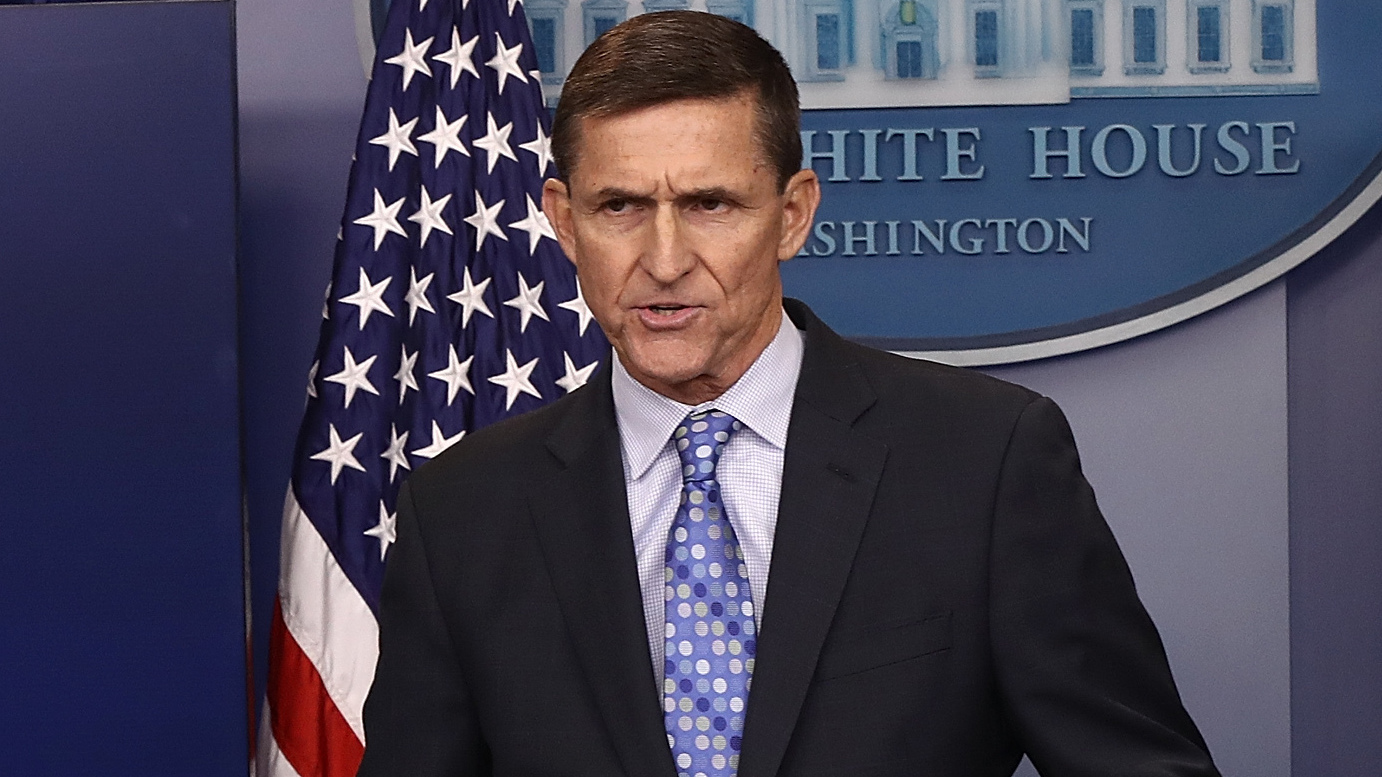
There is a lot of anguish about President Trump’s pardon yesterday afternoon of his 24-day National Security Advisor. But it was not only much-expected it’s not particularly unusual.
WaPo columnists Paul Waldman and Greg Sargent proclaim “Trump wages war on our country and the rule of law one last time.”
In a move no less appalling for it being no surprise, President Trump has pardoned Michael Flynn, his disgraced former national security adviser. Add him to the rogue’s gallery — among them Joe Arpaio, Dinesh D’Souza, Rod Blagojevich, Bernard Kerik and Roger Stone — of criminals and reprobates to whom Trump has given executive clemency, their loyalty and obsequiousness winning them an escape from full accountability for their misdeeds.
But Flynn stands apart from the rest, because his whole story contains so much of the Trump era in microcosm.
And in pardoning Flynn, Trump has waged what may be his final biggest act of war on our country.
Back in 2016, Flynn was given a close advisory role to the Republican candidate, mostly because he was one of the few retired flag officers who would stand behind Trump. The fact that he was a loony conspiracy theorist and venomous Islamophobe (he once said Islam is “a malignant cancer”) only helped. At the time, he was also secretly working on behalf of the Turkish government.
Flynn’s 24-day tenure as national security adviser came to an end when routine government surveillance of the Russian ambassador discovered the two officials in conversation before Trump was inaugurated. When the FBI questioned Flynn about it, he lied to the agents about the substance of their conversations, as well as to others in the Trump White House.
Flynn pleaded guilty to his crime, and that could have been the end of it. But then — and this is where his story becomes even more a Trump story — he was adopted by the far right as a martyr, a victim of the so-called deep state, a hero whose only crime was service to Donald Trump.
Attorney General William P. Barr injected himself into the case this past May, seeking to undo Flynn’s guilty plea. To say it’s unusual for the nation’s chief prosecutor to come to the side of someone who has already pleaded guilty would be an understatement. Along with the commutation given to Stone, it was as vivid an illustration of the corruption of the Justice Department as one could imagine.
Over at the NYT, Kenneth P. Vogel and Eric Lipton predict “Trump’s Pardon of Flynn Signals Prospect of a Wave in His Final Weeks in Office.”
When President Trump pardoned Michael T. Flynn on Wednesday, he did more than wipe clean the record of his first national security adviser, who had twice pleaded guilty to lying to the F.B.I. He also bolstered the hopes of a wide array of clemency seekers that he might deliver a wave of pardons and commutations before leaving office.
Among the others looking for pardons are two former Trump campaign advisers, Rick Gates and George Papadopoulos, who like Mr. Flynn were convicted in cases stemming from the special counsel’s Russia investigation.
But lawyers and others who have been in touch with the White House say they anticipate that Mr. Trump will use his authority in cases that extend beyond those involving the special counsel’s inquiry and the lengthy cast of aides and associates who have gotten in legal trouble since he first ran for the presidency.
Alan Dershowitz, the law professor who represented Mr. Trump during his impeachment trial, is advising two of his clients — a New Jersey man serving more than 20 years for defrauding investors, and a billionaire businessman convicted in what’s been called “one of North Carolina’s worst government corruption scandals” — on whether to seek clemency.
Mr. Dershowitz said he recently discussed the pardon process with the White House. He praised Mr. Trump’s pardon of Mr. Flynn, and said that “he should extend that to others who are less well known.”
[…]
The end of any presidential administration is a time for intense lobbying related to pardons.
But in Mr. Trump’s case, it extends to his own personal and political considerations, his lingering bitterness over the Russia inquiry and his transactional approach to governing.
The sheer number of people in the president’s circle to have gotten in trouble with the law has also made the question of pardons especially fraught.
Mr. Flynn has been enmeshed in a long battle to clear himself despite his admissions that he had lied to investigators about his contacts with the Russian ambassador during the presidential transition four years ago. The Justice Department had moved in the spring to withdraw the charge against him, but his case remained tied up in the courts.
In addition to Mr. Flynn, Mr. Gates and Mr. Papadopoulos, Trump aides and associates who have been convicted include Michael D. Cohen, Mr. Trump’s former lawyer; Roger J. Stone Jr., his longtime friend and adviser; and Paul Manafort, his former campaign chairman.
Others in the president’s circle to face federal charges include Stephen K. Bannon, his former strategist, who was indicted in August on charges of defrauding donors to a campaign to support Mr. Trump’s plans to build a wall along the border with Mexico, and Elliott Broidy, a top fund-raiser, who pleaded guilty last month in a foreign lobbying case.
I’ve been railing about corruption in the Trump administration—and Trump himself—since literally before it was sworn in. The self-dealing, conflicts with the Emoluments Clause, and the like were already evident in November 2016.
Still, I can’t get too upset with the Flynn pardon or even most of those to come. Even Presidents who I consider great patriots and public servants, like George H. W. Bush, used the plenary power granted to them under Article II to set aside the convictions—or forestall charges against—their close political allies. George W. Bush was actually excoriated by his own Vice President for simply commuting Scooter Libby’s sentence rather than going all the way and issuing a pardon (which Trump did early in his tenure).
Now, I don’t join Eli Lake or Glenn Greenwald in thinking that Flynn deserved to be pardoned. He’s a lying weasel who sold out his country. But no President would let the conviction of a loyal ally who got into legal trouble for trying to help him politically stand.
UPDATE: Looking at the Wiki for Presidential pardons, there aren’t all that many comparables. As pointed out in the comments, Nixon never pardoned any of his Watergate co-conspirators nor did Reagan do so for the Iran-Contra gang. My recollection was really triggered by these back-to-back cases in the 1990s:
George H. W. Bush
For their roles in the Iran-Contra affair
- Elliott Abrams
- Duane Clarridge
- Clair George
- Alan Fiers
- Robert McFarlane – National Security Adviser to President Ronald Reagan
- Caspar Weinberger – Secretary of Defense under President Ronald Reagan
Bill Clinton
- Henry Cisneros – Clinton’s Secretary of Housing and Urban Development. Pleaded guilty to a misdemeanor count for lying to the FBI in 1999 about payments to a mistress, and was fined $10,000.
- Roger Clinton, Jr. – brother of Bill Clinton. After serving a year in federal prison (1985-86) for cocaine possession.
- John Deutch – Director of Central Intelligence, former Provost and University Professor, MIT. He had agreed to plead guilty to a misdemeanor for mishandling government secrets on January 19, 2001, but President Clinton pardoned him in his last day in office, two days before the Justice Department could file the case against him.
- Susan McDougal – business partner with Bill Clinton and Hillary Rodham Clinton in the failed Whitewater land deal. Guilty of contempt of court, she served her entire sentence starting in 1998 and was then pardoned.
- Mel Reynolds – Former Democratic member of the United States House of Representatives from Illinois. Convicted of bank fraud and obstruction of justice in 1997; sentence was commuted.
- Marc Rich, Pincus Green – business partners; indicted by U.S. Attorney on charges of tax evasion and illegal trading with Iran in 1983 and fled the country that year. Pardoned in 2001 after Rich’s ex-wife, Denise Eisenberg Rich, made large donations to the Democratic Party and the Clinton Foundation.
- Dan Rostenkowski – Former Democratic member of the US House of Representatives from Illinois, indicted for his role in the Congressional Post Office scandal and pleaded guilty to mail fraud in 1996. Served his entire 17-month sentence, then pardoned in December 2000.
I agree that Barack Obama’s pardon of James Cartwright (“retired US Marine Corps four-star general, he pleaded guilty to giving false statements to federal investigators in 2016 and was awaiting sentencing. Pardoned on January 17, 2017”) is in a different category.

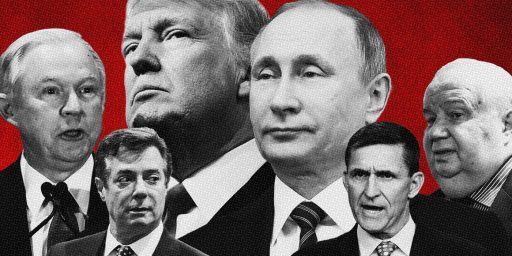
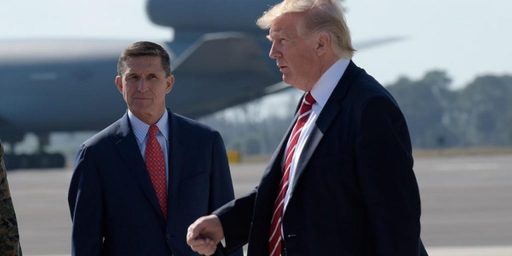

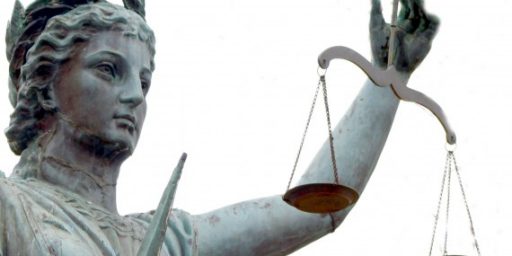
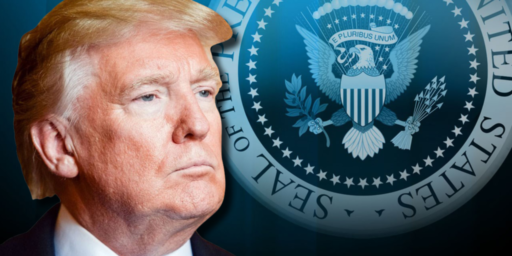
Nixon didn’t pardon G Gordon Liddy. Pretty sad when one can’t meet the Nixon standard.
I was going to ask if any of Obama’s pardons were of similar slimy character, but then I remembered he didn’t surround himself with people who would eventually need pardoning.
@Mikey:
There’s a list of Obama’s pardons here, if you’re curious:
http://www.justice.gov/pardon/obama-pardons
@CSK: The only one I saw that was similar to the Flynn pardon was General James Cartwright, who had worked closely with Obama. But the circumstances were very different.
Anyway, Obama’s pardons aren’t really relevant, except to point out most Presidents don’t have to pardon several close associates.
@OzarkHillbilly: Yes, truly interesting. Jimmy Carter, of all people, ultimately pardoned Liddy.
@Mikey: Agreed with regard to Obama. While I disagreed with him on all manner of policy issues, he ran the cleanest administration in my memory. Similarly, Jimmy Carter issued several controversial pardons but none directly implicating his team.
@Mikey:
No, they’re not. But I was interested to see that there are comprehensive lists for all of the presidents. Trump’s will be a rogue’s gallery.
When Trump fired Flynn in February 2017, a month after Trump’s inaugural, he called Flynn a liar in a tweet. I wonder what Trump gains from this. I doubt that they were personally close. I doubt that Trump is concerned about abstract ideas about justice especially in view of a guilty plea. What does this do for Trump? Create a pardon everyone atmosphere? Can Trump turn into the Oprah of pardons,”You get a pardon, you get a pardon, everybody gets a pardon, I get a pardon”?
Huh. I looked it up because I wasn’t sure I was remembering correctly and Liddy’s Wiki page never mentions a pardon by anyone, or at least not in the section on his crimes and punishment.
Clinton’s list is pretty damning. But I’m not sure how I feel about Bush’s. On the one hand, the original sin, waging war in defiance of Congress, was done in service to the US. But it is an incredibly dangerous action to take, raising the Presidency to a king’s throne. And of course, ultimately, they were convicted of lying and covering up to save their own skin.
Flynn’s pardon is hardly the worst thing Trump has done, but I think it may be in a special class all its own as it is directly beneficial to Trump himself since it takes away a clear marker of Trump’s own complicity in the entire Russia business–at a minimum his obstructive action in asking Comey to go easy on Flynn and later his firing of Comey in the hopes of stopping the Russia investigations (and, instead, triggering the Mueller investigation).
Clinton’s list has some pretty unsavory examples on it.
I don’t like the Iran-Contra pardons, but at least those were linked to attempts at policy outcome, not personal gain.
@MarkedMan:
Of course, the pardon power evolved directly out of royal powers to pardon.
I have really mixed feelings about the power in general, TBH.
@Steven L. Taylor: Yes, assessing Trump as though he were a normal President is inherently problematic. His pardon of Flynn is more akin to Clinton’s in the sheer sleaziness factor. Bush himself was in at least no danger in Iran-Contra, although the 11th-hour indictments of the others may well have helped sink his re-election bid. Still, I think he was honestly just issuing clemency to men he believed to be good public servants doing their best to execute Reagan’s foreign policy.
There is a problem all around that somehow trading arms to a sworn enemy for hostages and using the receipts to illegally fund a Central America war against explicit laws against it and also using that money to self enrich oneself is swept under the rug and not to mention the whole CIA/cocaine angle. All of this and we somehow (this also goes to you JJ) refer to these scoundrels as public servants (talking about giving a bad name)-where is the outrage? The problem with the death of outrage is that these situations continue to pop up and we seem to get innured to them. Let’s be clear, Poppy Bush was implicated and he covered up his involvement with pardons; history shan’t be so kind. Trumps coverup is so blatantly obvious that we do not need to wait for history: he is covering up his personal involvement in the whole Russian imbroglio. Trump is committing crimes in front of us all. And that’s is outrageous.
@Raoul:
“The problem with the death of outrage is that these situations continue to pop up and we seem to get innured to them.”
Another problem is that by pardoning them, their actions get washed away and they can thereafter serve in other government positions, as Elliott Abrams did under both Bush the Younger and Trump, in spite of committing perjury in testimony before Congress.
If a change could be made to the pardon power, I’d suggest this: no one can be pardoned who hasn’t been convicted of a crime.
@James Joyner:
Good men (or women) rightfully object to illegal orders.
Pardoning amoral, unethical lackeys is disgraceful and dishonorable.
The worst thing in the Flynn case is the politicizing the DOJ, an undermining rule-of-law. A POTUS with the power to decide what is and what the law is a monarch. Pardons are one thing, but a DOJ which places the interests of the POTUS before those of the the nation and the law is quite another.
You see, you’d be much better off with the British system.
Nobody is pardoned, or needs to be.
Because everybody knows certain prosecutions would never be seriously considered in the first place.
Besides that, between Prerogative, Parliamentary Privilege and Crown Immunity you’d have to try really hard to incur personal legal liability when acting as in an governmental capacity.
@dazedandconfused:
The power of pardon granted to the President has always struck me as a very monarchical remnant. Under rule of law it should not be. This was a right granted to / claimed by kings.
I can see the upside – in cases of egregious miscarriages of justice.
The downside is enormous. Self-dealing pardons are untouchable.
It is a problematic Constitutional wrinkle.
@James Joyner:
Isn’t this the headline?
Obama serves 8 years without remarkably little misbehavior and a lot of good it does him. His agenda was fundamentally stymied by the nihilism of the opposition party and his Executive Orders in response are branded as overreach. This is what expected for a normal presidency.
Trump does what every the hell he wants, including draconian immigration actions, broad deregulation, and all manner of self-dealing. His party gets the massive tax cuts it wants and fills the judiciary with kindred spirits. And Trump is so corrupt and mendacious that he’s created his own scale of abnormality such that pardoning Flynn is ho-hum.
Playing by the rules is a fool’s game until somebody of note faces real consequences for their criminality.
I’ve been thinking about my post late last night, while disassembling the turkey for today (I always cook it the day before – it leaves more time/space for the sides). As often happens, I was late to the party.
Like Dr. J, I am not surprised by this pardon. Saddened, but not surprised.